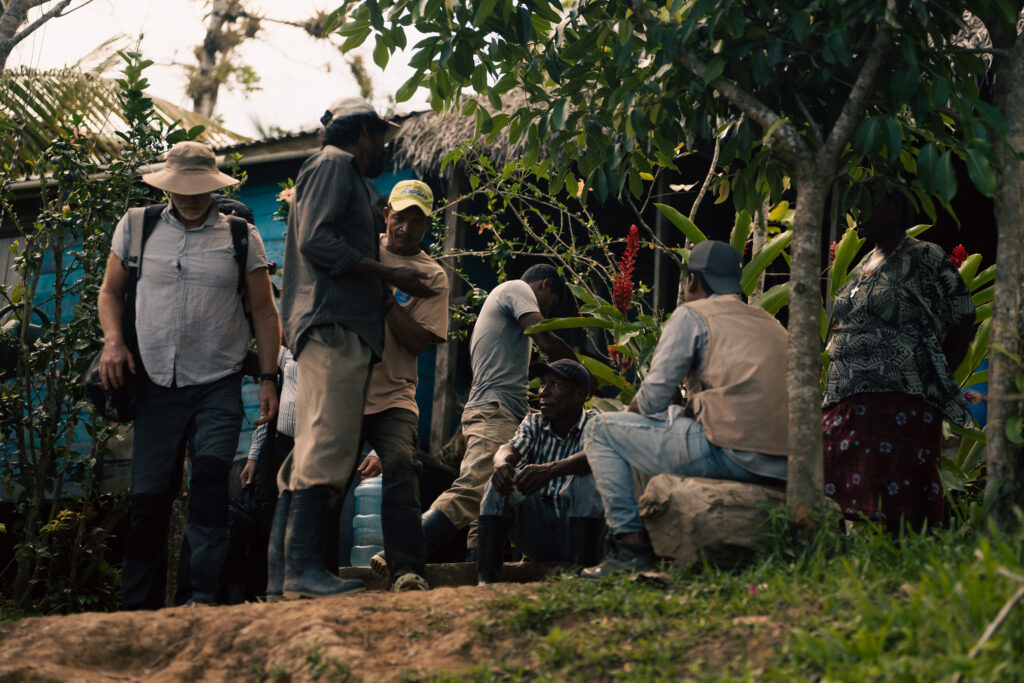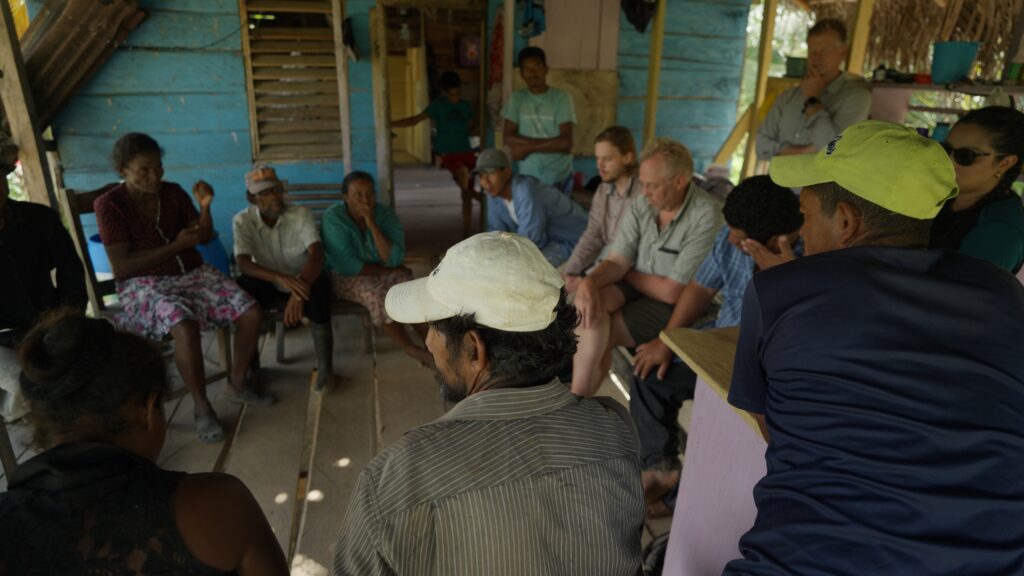When the people living in this area finally regained ownership of their land, they wanted to begin managing it in a long-term sustainable way and initiated the Paskaia project, collaborating with researchers from Sweden, among others. Traditionally, they have lived off the forest, engaging in small-scale agriculture, as well as fishing from the numerous rivers and lagoons in the region. In recent times, there has also been involvement in commercial lobster fishing in the sea. Unemployment is high throughout Honduras, especially in Mosquitia, where both resources and investment willingness are lacking.
To truly achieve a long-term sustainable way of managing this beautiful area, it is necessary to let the people living in Mosquitia take the initiative in the project. We work with a co-creation process where it is crucial for all groups in society to participate, especially women and youth.


Paskaia’s plan is to assist landowners with reforestation and cover the maintenance costs for young forests during the first ten years. After that, income from thinning will finance further work, and the landowner can stand on their own. Even after the initial ten years, Paskaia will remain in the area, providing support with advice and equipment.
Paskaia collaborates with prominent researchers in the climate and environmental fields who can verify the amount of carbon the forest can sequester and the other climate and environmental services the project generates. An essential part of Paskaia’s work is to offer continuous feedback and full transparency about everything done in Honduras.
In Mosquitia, there are extensive deforested areas that Paskaia, in collaboration with local actors, will work on. Most of the land Paskaia works with will become sustainable forestry, but some areas will also be left for free development.
The plan is to reinvest any surplus from the operation. Investments will be needed in land and expanded tree planting, with a social component as well. In collaboration with the indigenous organization Masta, there is a plan for using part of the surplus from harvesting for local social projects.